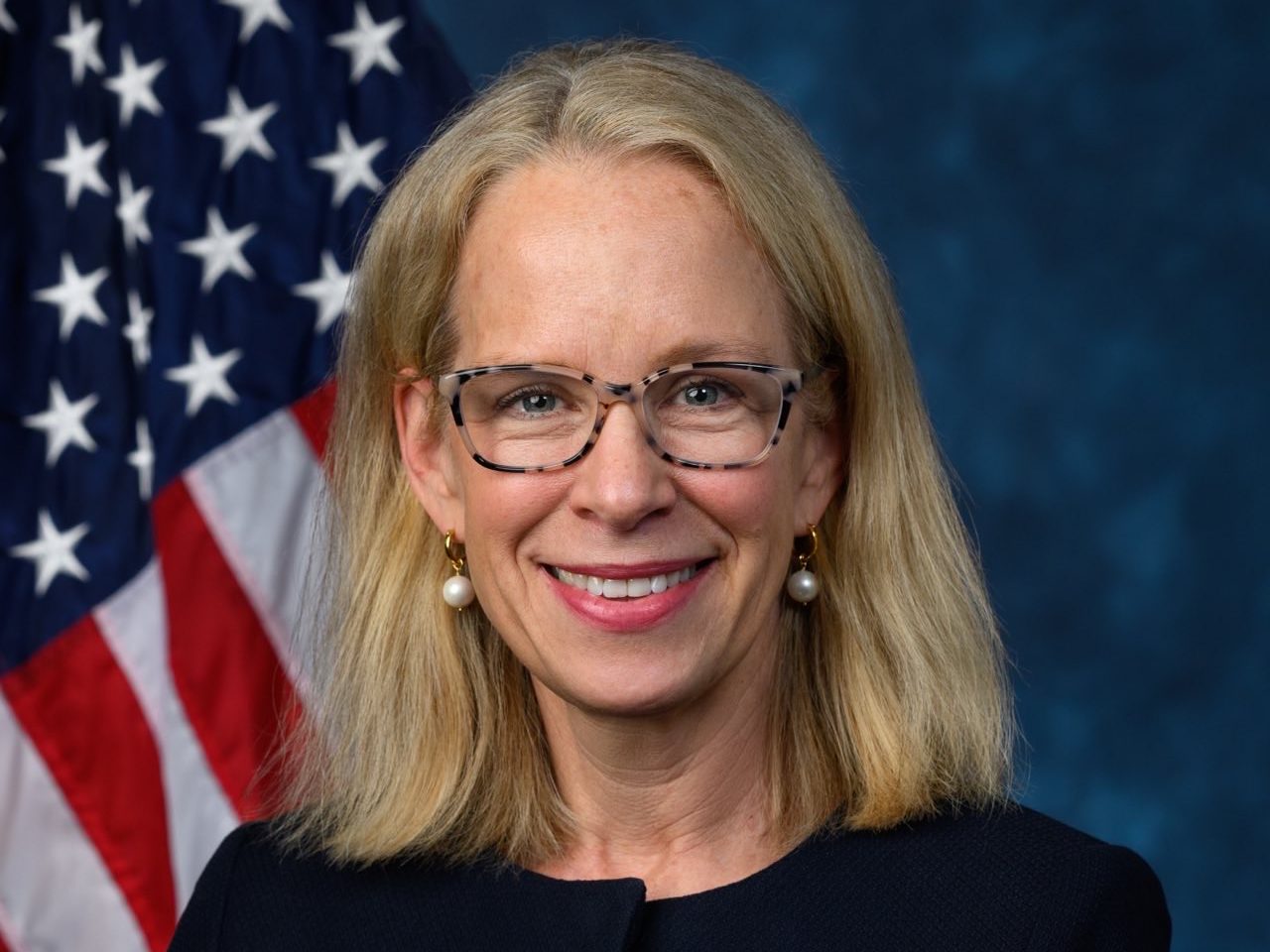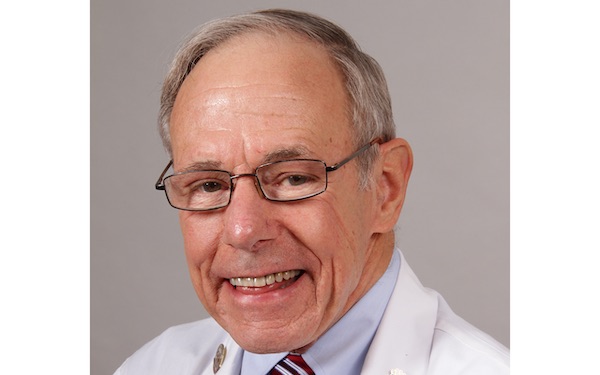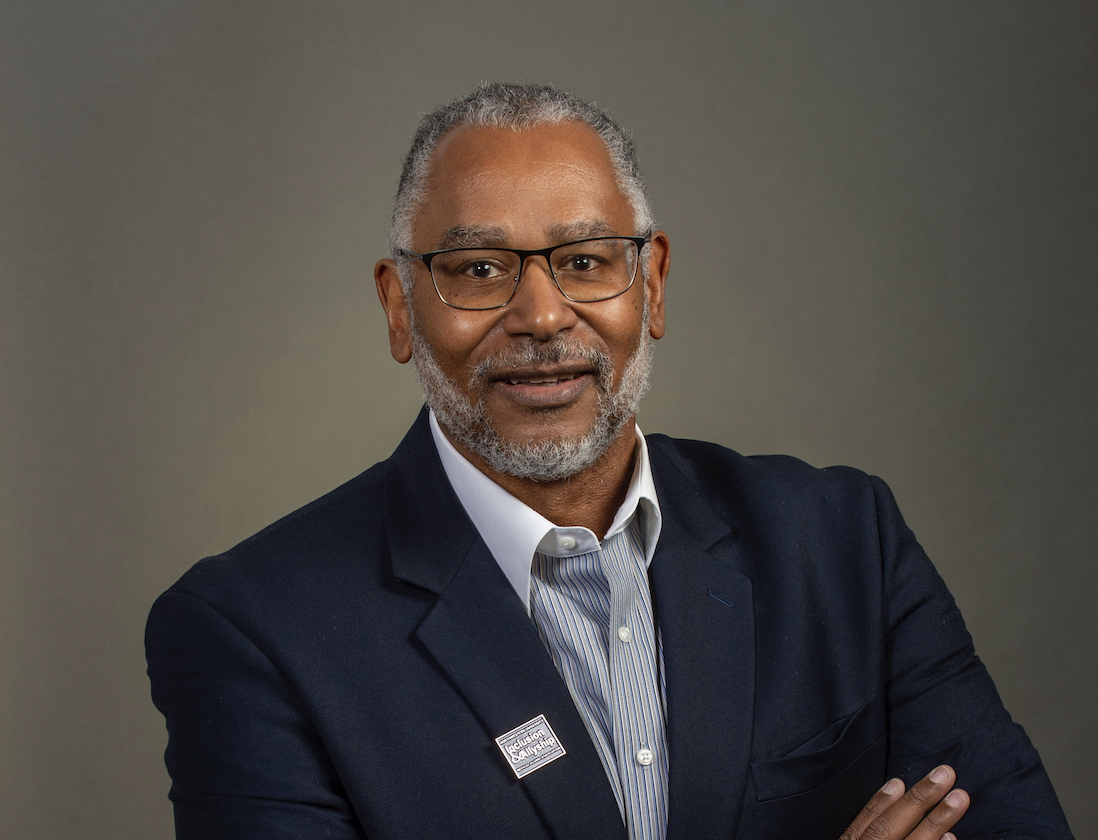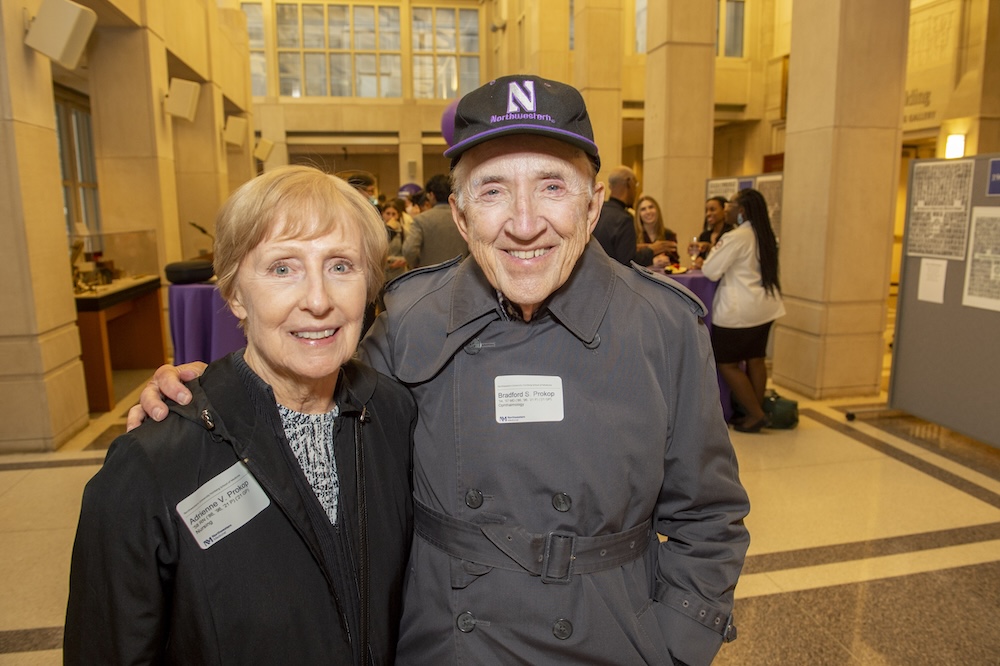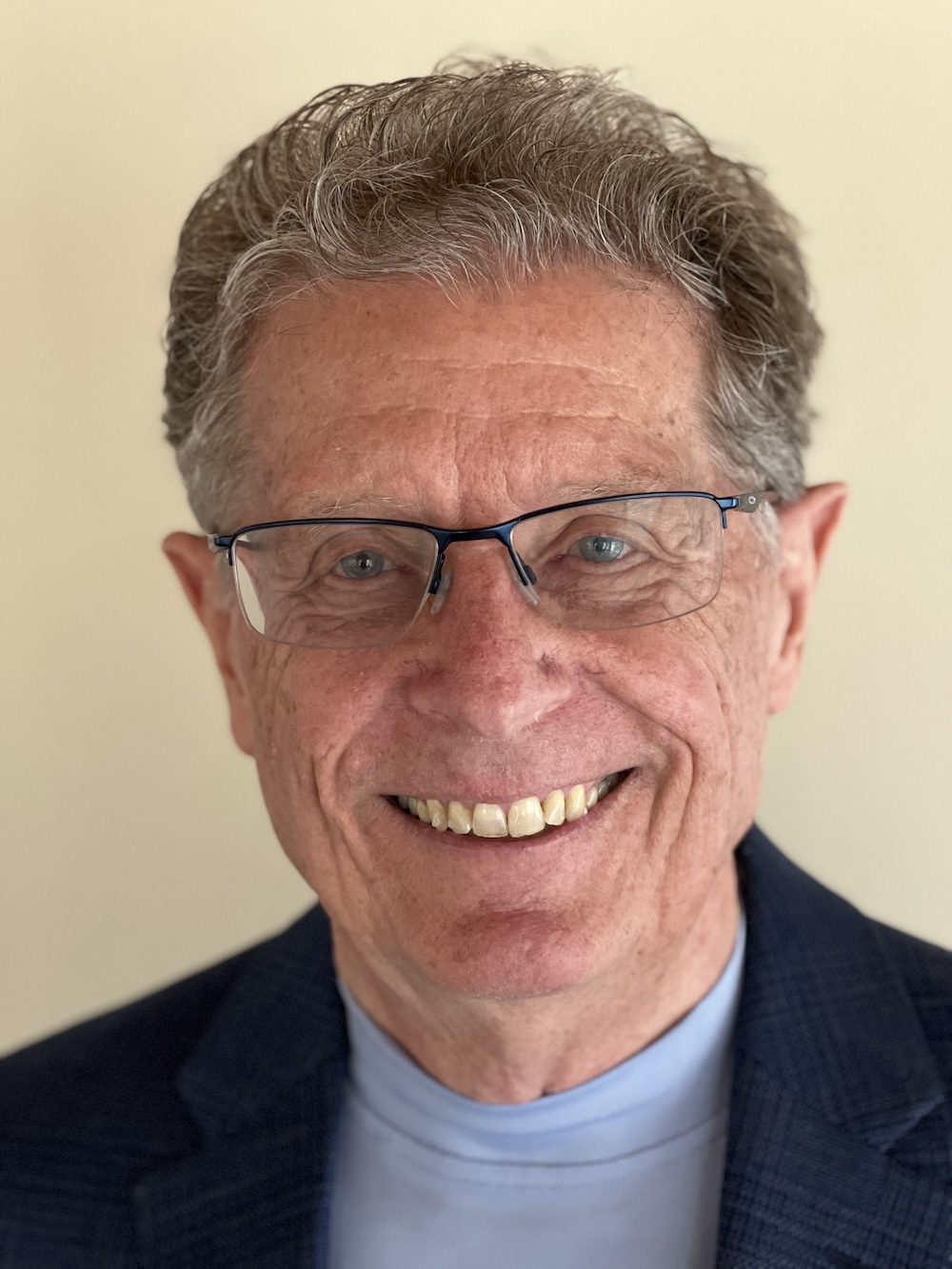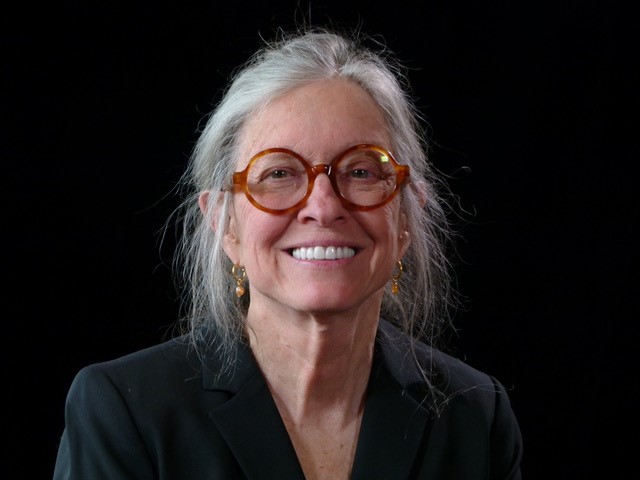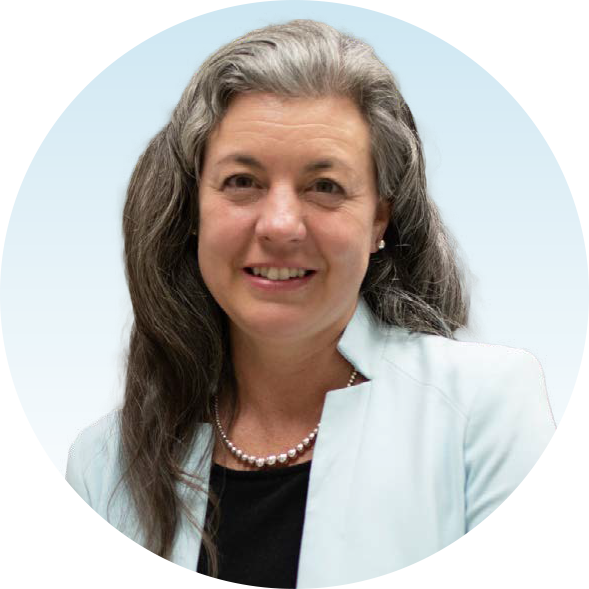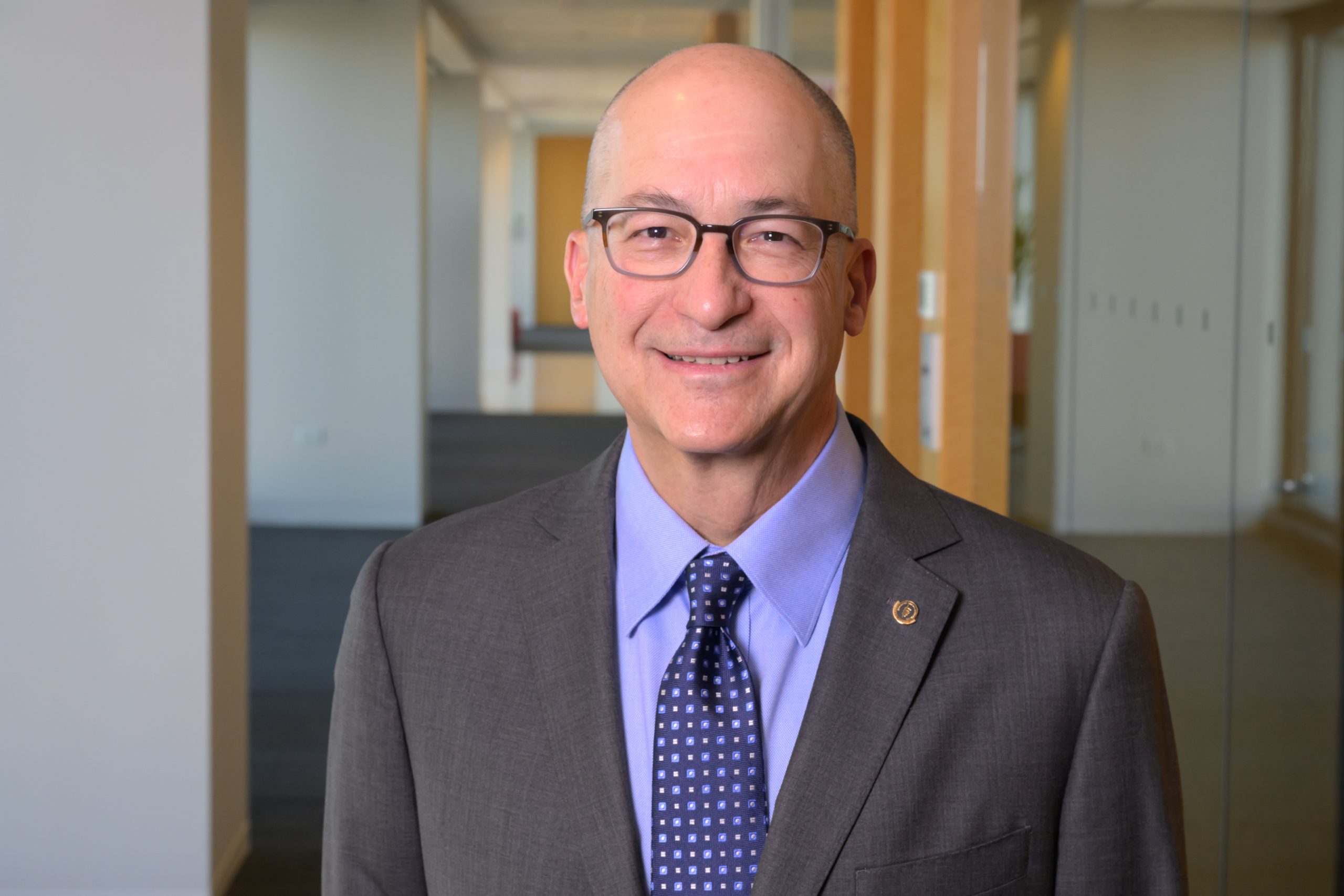Home / Alumni News / Fertility Pioneer
Fertility Pioneer
Sandra Carson, MD, has devoted her career to finding innovative solutions to reproductive challenges.
by Bridget Kuehn | illustration by Jacqui Oakley
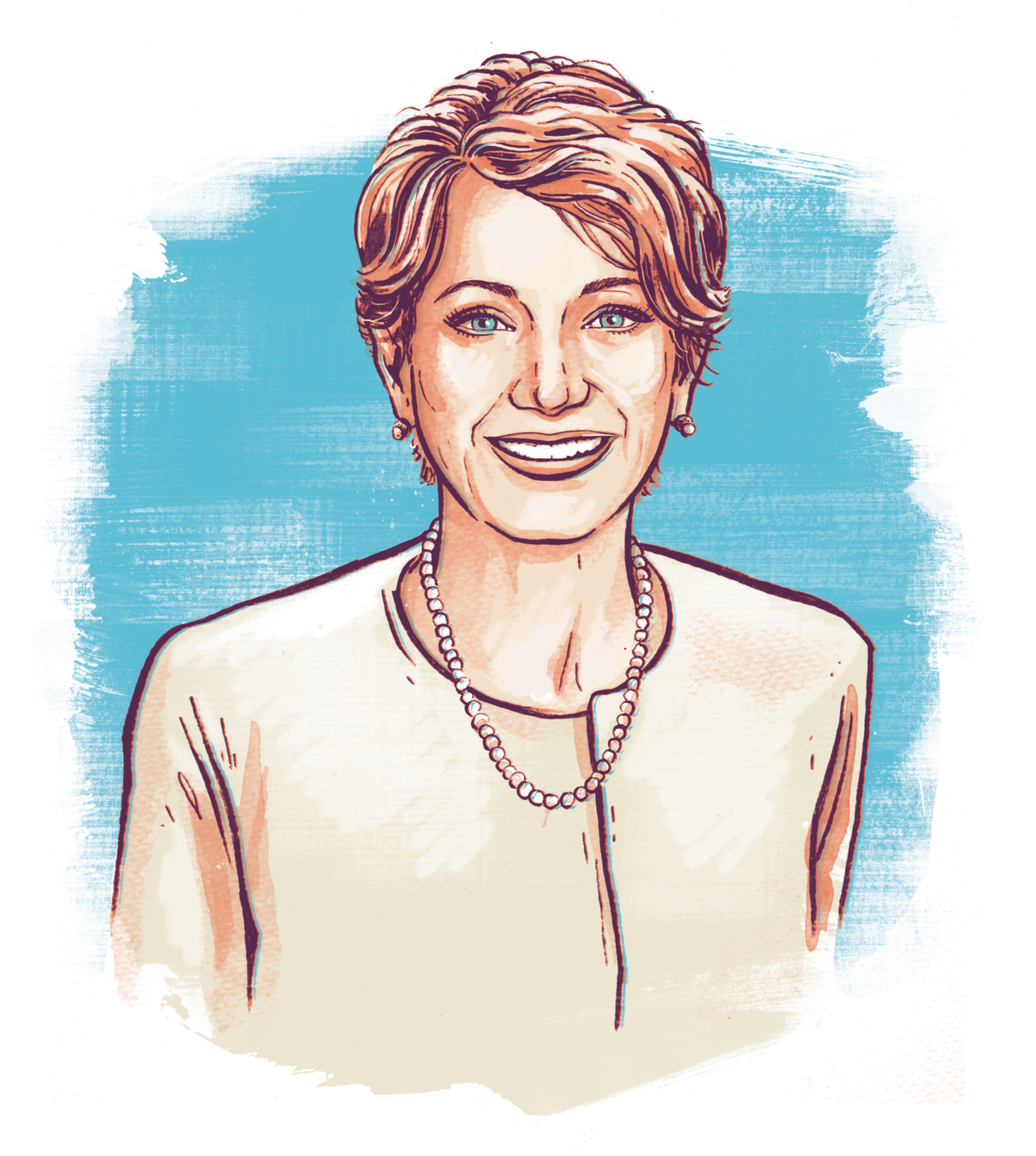
When Sandra Carson, ’75, ’77 MD, ’81 GME, created the first artificial ovary in 2010 she was trying to fill an urgent need in the field of reproductive endocrinology.
At the time, only immature eggs could be frozen, but there was no way to allow them to mature outside of a woman’s ovary. This was a major barrier to helping preserve the fertility of women with cancer or other conditions. The solution Carson developed was an early generation 3-dimensional organoid of the ovary. She and her colleagues grew layers of donated ovarian cells in a mold into a mini ovary that was able to mimic the environment that allows the egg to mature. The achievement was named one of the top 10 medical breakthroughs of the year by Time magazine. Now that it is possible to freeze mature eggs, the device has found a new use testing the effects of reproductive toxins and chemotherapeutic drugs on developing eggs in the laboratory.
The artificial ovary is one of many solutions developed by Carson, who holds 14 patents and has published more than 160 journal articles during her career. She has developed tools that obstetrician-gynecologists use during procedures to diagnose uterine disorders and she also developed a nonsurgical way of diagnosing and treating ectopic pregnancies.
“It’s not that I wanted to develop a device to develop a device,” Carson says. “It’s because there was a problem that came up that we needed a solution for.”
A Career is Born
When Carson began her medical education journey at Northwestern, she had her sights set on becoming an anesthesiologist. She wanted to get an MD and PhD in chemistry and do pharmacokinetic research. Delivering a baby in October 1977 as a medical student under the supervision of a resident permanently shifted her career path toward obstetrics. But she quickly found herself drawn to reproductive endocrinology, the only field that could keep her up reading after being up all night at the hospital
“I never had another 5-year plan after that,” Carson says.
After completing her residency in obstetrics and gynecology at Northwestern in 1981, she completed a fellowship in reproductive endocrinology at Michael Reese Hospital and the University of Chicago Medical Center. It was a heady time in the field of reproductive endocrinology. The first baby successfully delivered after in vitro fertilization (IVF), Louise Brown was born in England in 1978 and three years later the first (IVF) conceived baby was born in the United States.
“Over the last 40 years, I grew up with the field,” Carson says.
That experience really shaped her approach to research. Over the years, she recalls, some things initially believed to be inconsequential proved to be essential, and procedures once considered taboo become common place. For example, she says that initially she and her colleagues believed injecting anything into the egg would kill it, but now sperm is routinely injected into eggs.
“It taught me to always question the axioms and not to be afraid to design studies that some people say can’t be done,” Carson says.
That perspective empowered Carson to present research at the 44th Annual Meeting of the American Fertility Society in 1988 on a nonsurgical algorithm for diagnosing and treating ectopic pregnancy, despite initial resistance to the idea. She also participated in the initial clinical trials of methotrexate to treat ectopic pregnancy. It took almost two years to get the trial results published, because there was hesitance in the field to switching to treating the life-threatening condition with a drug, she said. But now methotrexate is routinely used to treat ectopic pregnancies.
Carson continues to be an innovator in the field. She recently developed a new device with her colleague John Buster, MD, a reproductive endocrinologist at the Women & Infant Fertility Center in Providence, Rhode Island. It’s a catheter that can flush embryos out of the uterus for genetic testing. This allows women who are interested in genetic testing for their embryos to avoid the need for in vitro fertilization, she explains.
“This is an easy process where the patient can have sex at home and then have her uterus lavaged and have the embryo retrieved,” she says.
This development work has been shaped by Carson’s experience working with patients, as attending physician and an assistant professor of obstetrics and gynecology at University of Chicago Pritzker School of Medicine and associate professor of obstetrics and gynecology at University of Tennessee College of Medicine. She later served in leadership roles in assisted reproduction and reproductive endocrinology and as professor of obstetrics and gynecology at the University of Tennessee College of Medicine in Memphis, Baylor College of Medicine in Houston and at the Warren Alpert Medical School at Brown University in Rhode Island. Throughout most of her career, Carson not only cared for patients as their reproductive endocrinologist, but she also delivered many of her patients’ babies.
“There is no honor greater than a patient inviting you to deliver her baby,” she says. “I love obstetrics.”
There is no honor greater than a patient inviting you to deliver her baby.
Sandra Carson, MD
Giving Back
Though Carson no longer practices obstetrics she continues to care for patients in her current role as Director of the Division of Reproductive Endocrinology and Infertility at Yale University Medical School in New Haven, Connecticut where she is professor of Obstetrics, Gynecology and Reproductive Sciences and Director of the section of Reproductive Endocrinology and Infertility .
“I had a wonderful career in obstetrics and gynecology, and I loved it,” she says. “I loved the teaching, the patients, and the education.”
She continues to relish the opportunity to mentor medical students, residents, fellows, and other faculty as they grow their own careers in her current role. She is inspired by the many wonderful mentors she had at Northwestern who emphasized the importance of being a part of the community of medicine by participating in medical organizations like the Chicago Gynecological Society, the American College of Obstetrics and Gynecology (ACOG), and the American Board of Obstetrics and Gynecology.
She took that lesson to heart and served as the vice president of education at ACOG for six years. In that role, she helped put the annual examination for obstetrics and gynecology residents online, making it available for residents in 11 countries. She also helped boost attendance at ACOG’s annual meeting by shortening it and increasing the number of interactive sessions. Additionally, Carson has served as president of the American Society of Reproductive Medicine from 2002 to 2003 and as chair of the U.S. Food and Drug Administration’s Advisory Committee on Reproductive Drugs as well as editor-in-chief of the journal Sexuality, Reproduction and Menopause and The New England Journal of Medicine’s publication NEJM Journal Watch Women’s Health.
“I wanted to give back to the field while I was young enough to do it,” she says, adding “It’s important to connect with people you are working with, remember those who have trained you, and pass your knowledge forward.”

